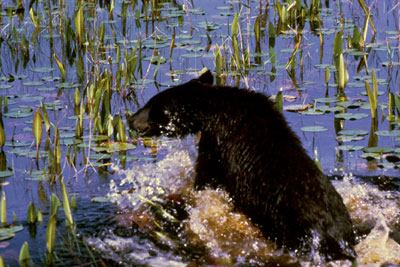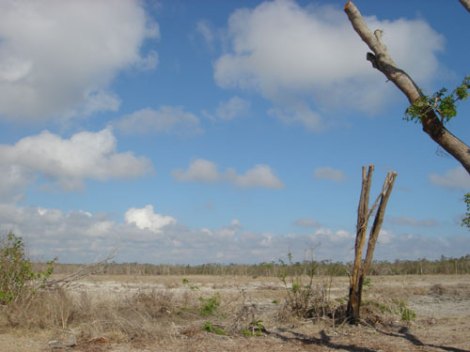These past couple of weeks, there was a lot happening in the news about the Florida environment.
Endangered Florida panthers and development pressures continue to clash in southwestern Florida. NASA is considering putting a new launch pad in Merritt Island National Wildlife Refuge.
It’s not all bad news. Ecotourism is making a positive effect on the Florida economy. The state’s conservation land-buying program, Florida Forever, is still going on (for now). The Florida Black Bear Scenic Byway is official. A new Florida state forest is also being born.
I enjoy keeping up with what’s going on in Florida’s environment. Maintaining this blog, though, just doesn’t seem to make sense. It’s just a side aspect of the larger EcoFlorida Web site. Updating this blog takes me away from that.
When EcoFlorida first started providing links to news headlines about Florida’s environment, there were a small handful of sites providing that information in one place. EcoFlorida also provided actual news stories. Then I moved it to a blog format. Now, there are many, many Florida environment news sites, blogs and listservs that provide information.
Just like the news, which reports the good things that happen as well as the bad things that happen, hanging up this blog is mixed. But it’s the right thing to do, for now.
Enjoy exploring natural Florida!
 Protecting species often seems to come with what some people view as a downside. To protect recently-deemed-threatened staghorn and elkhorn corals, that could mean tougher looks at beach widening, sewage discharge, ship anchoring and other coastal activities if the U.S. Fish and Wildlife Service goes through with a
Protecting species often seems to come with what some people view as a downside. To protect recently-deemed-threatened staghorn and elkhorn corals, that could mean tougher looks at beach widening, sewage discharge, ship anchoring and other coastal activities if the U.S. Fish and Wildlife Service goes through with a 

